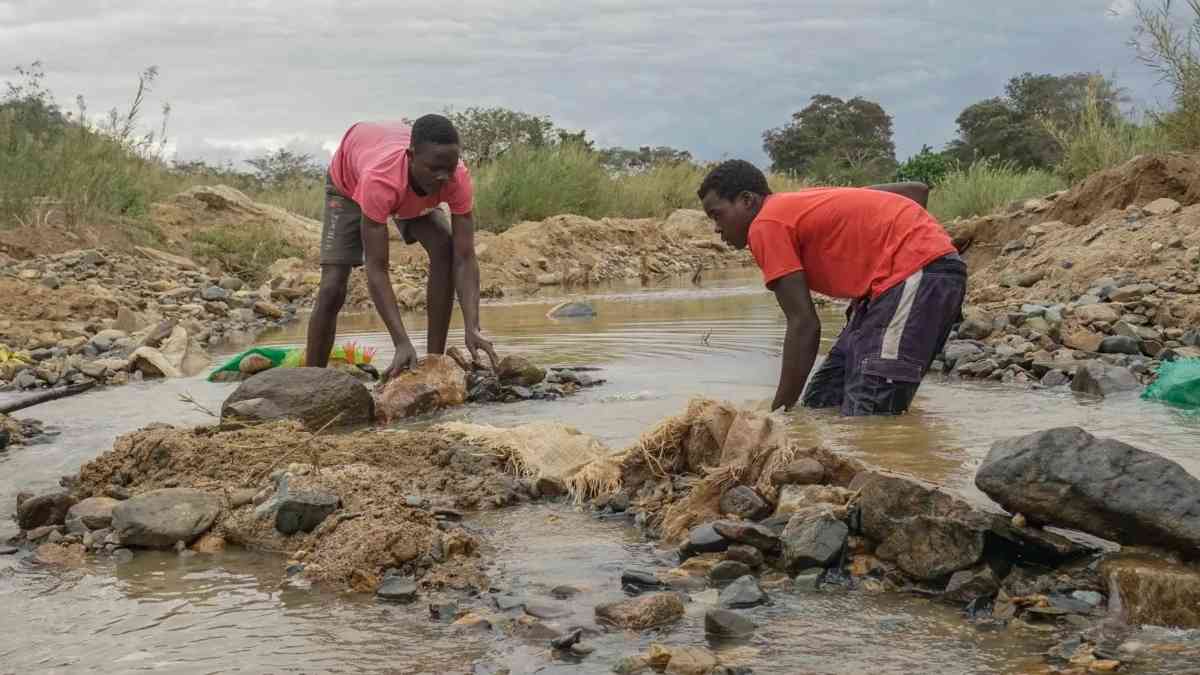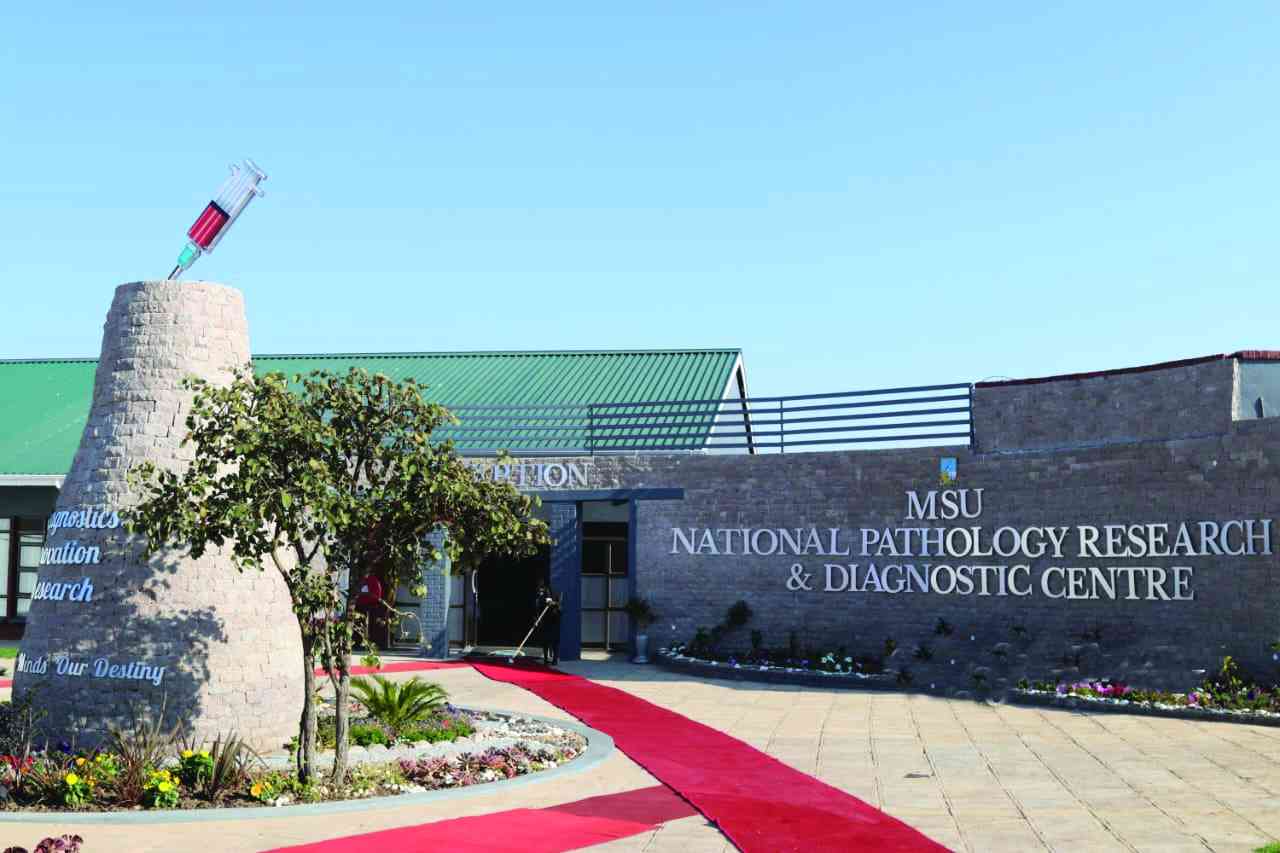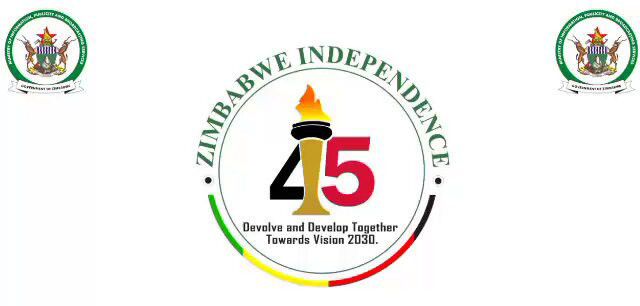
DESPITE being outlawed by the government, riverbed mining remains rampant in Zimbabwe, largely due to the involvement of political elites who perpetuate the destructive practice.
The banned activity, which involves extracting minerals such as gold and diamonds from riverbeds, has ravaged the environment nationwide, particularly in Penhalonga, Manicaland province.
Although the government has imposed a ban, its enforcement has been inconsistent, raising concerns about political favouritism and the government's commitment to environmental protection.
Proponents of riverbed mining argue that it provides a vital source of income for local communities and that the ban will drive the activity underground.
In contrast, environmentalists and conservationists warn of the devastating impact of riverbed mining on Zimbabwe's ecosystems, emphasising the need for sustainable and regulated mining practices.
James Mupfumi, director of the Centre for Research and Development (CRD), said riverbed mining has intensified since the ban.
“It (riverbed mining) is continuing; it is lawless. They are not accountable to anyone. They are not accountable to the government. It is benefiting individuals,” he said.
“It is also happening in Chimanimani. It is happening in Odzi. In Chimanimani, the mining is taking place under the banner of a company (named supplied), which is (allegedly) affiliated to the military. We do not know where the proceeds are going.
- Byo author eyes SA award
- WB revises downwards Zim growth
- Letters: Zanu PF to blame for anything wrong in Zim
- Shortages show the poverty of ideas in govt
Keep Reading
“They were doing it perfectly in line with the requirements of Ema (Environmental Management Agency). It never defied the law. It will never defy instructions of the government because it is also a state institution.”
According to CRD, an estimated 85 000 people in Chimanimani and Mutasa districts were exposed to polluted water and diseases due to riverbed mining.
The mining process involves the use of heavy machinery and chemicals, which pollute rivers and destroy habitats. In Penhalonga, the Mutare River has already been severely degraded, impacting communities that rely on it for fishing and irrigation.
Critics argue that the ban is not being enforced uniformly, with political elites and well-connected individuals allegedly being allowed to continue mining while smaller-scale miners are forced to cease operations.
This has raised questions about corruption and the capture of the state by special interests.
The ruling party, Zanu PF, has been accused of using state institutions to further the interests of its members and allies. The involvement of political elites in riverbed mining has only added fuel to the fire, with many calling for greater transparency and accountability.
A community-led initiative in Penhalonga last year resulted in a High Court ruling against the illegal mining operations in Mutare River.
However, despite the court ruling, riverbed mining has continued unabated.
In 2024, CRD also filed a petition to Parliament, highlighting how mechanised mining operations had ravaged the Mutare River’s channel and its surrounding ecosystem.
CRD disclosed that groupings fronted by the political elite were fuelling riverbed mining.
The revelations underscore the scale of Zimbabwe’s illicit gold mining activities, where cartels are reportedly smuggling around US$1,5 billion worth of gold annually.
Environmentalists and local communities are demanding action to protect the country’s natural resources and prevent further environmental degradation.
“It is a serious issue because you will see siltation of the rivers and also the chemicals being used damagesthe environment," environmentalist Rob Burrett said.
"In Penhalonga, they have slashed the wetland because wetlands hold water for the beautiful nature all around the year.
“These practices also lead to flush floods, which pose a great danger to animals and people and I am not saying they shouldn’t do riverbed mining because it’s also done in some portions of Australia but it should be done sustainably.
“It should be done following the laws and no one must be above the laws," he added.
In a recent newsletter, Farai Maguwu, executive director of the Centre for Natural Resource Governance (CNRG), emphasised the need to amend the Mines and Minerals Act and the Environmental Management Act to formalise the ban.
Maguwu said without a legal framework, risks associated with riverbed mining, including environmental damage and community displacement will persist, undermining efforts to promote sustainable development and protect the environment.
“We are reminding the government that a similar ban was announced four years ago, they are therefore repeating the same thing that they did in 2020,” he was quoted as saying.
“Government should expedite the amendment of the Mines and Minerals Act and the Environmental Management Act and formalise the ban in our statutes.
“The bigger goal is not about protecting the environment. It is about protecting ourselves from the calamities to come. The environment has been here and will outlive us all and will most probably heal itself from the violence we are inflicting on it.
“But we must know that for all our transgressions against nature, we shall be punished and, sadly, many shall pay for crimes they did not commit.”
As the situation continues to unfold, one thing is clear: the government must take immediate action to address the issue of riverbed mining in Zimbabwe.
This includes enforcing the ban, holding those responsible accountable and providing support to communities affected by the mining activities.
But the government must take a more nuanced approach to addressing the issue.
This involves balancing the need to protect the environment with the need to provide livelihoods for thousands of artisanal miners.
As the country looks into the future, it must prioritise the health of its natural resources and the well-being of its citizens.











